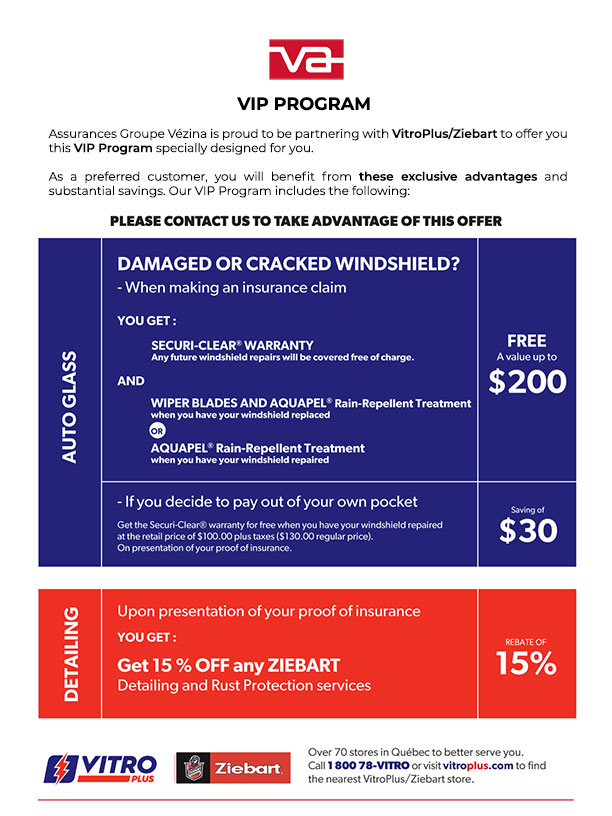In addition to being certified, brokers undertake ongoing professional development and are governed by a strict code of ethics. They thus act as a safety net between consumers and insurance companies. Thanks to brokers, consumers are not solely responsible for selecting the right product.
-
The insurance field is complex.
Insurance proposals that appear similar in terms of coverage may actually be completely different, even though the premiums may be the same. Insurance policies include numerous specific features and exclusions that must be clearly understood.
What are the risks for consumers?
If not properly advised, some consumers might be tempted to choose the cheapest coverage, which might turn out to be inadequate. In the worst-case scenario, they might not be covered at all.
-
Consumers are better protected when dealing with certified brokers.
Certified brokers are governed by a code of ethics. They are required to act diligently and in their client’s best interest, in addition to providing sound advice and ensuring that the products offered meet consumers’ needs. Certified representatives must also hold professional liability insurance coverage; that way, if an error is made in connection with the insurance proposal, the client is protected and has a legal recourse.
What are the risks for consumers?
Consumers who purchase an insurance policy online without the advice of a certified representative, or who deal directly with a merchant selling supplemental insurance, have no recourse if the coverage does not meet their needs.
-
Consumers might have to pay a much higher price for their coverage.
The broker’s role, in addition to advising clients on which products are right for them, is to find the best possible price.
What are the risks for consumers?
Consumers who deal directly with a merchant selling supplemental insurance (e.g. credit insurance, travel insurance, replacement insurance, etc) only receive a single offer since the merchant is not authorized to propose alternative coverage. That means that the client has no real choice. In addition, on the Internet, the nuanced information required to accurately describe a given situation may not always be provided. And to avoid gaps in coverage, consumers might tend to be overly cautious. In both cases, it’s highly likely that consumers will end up paying more than they should.



